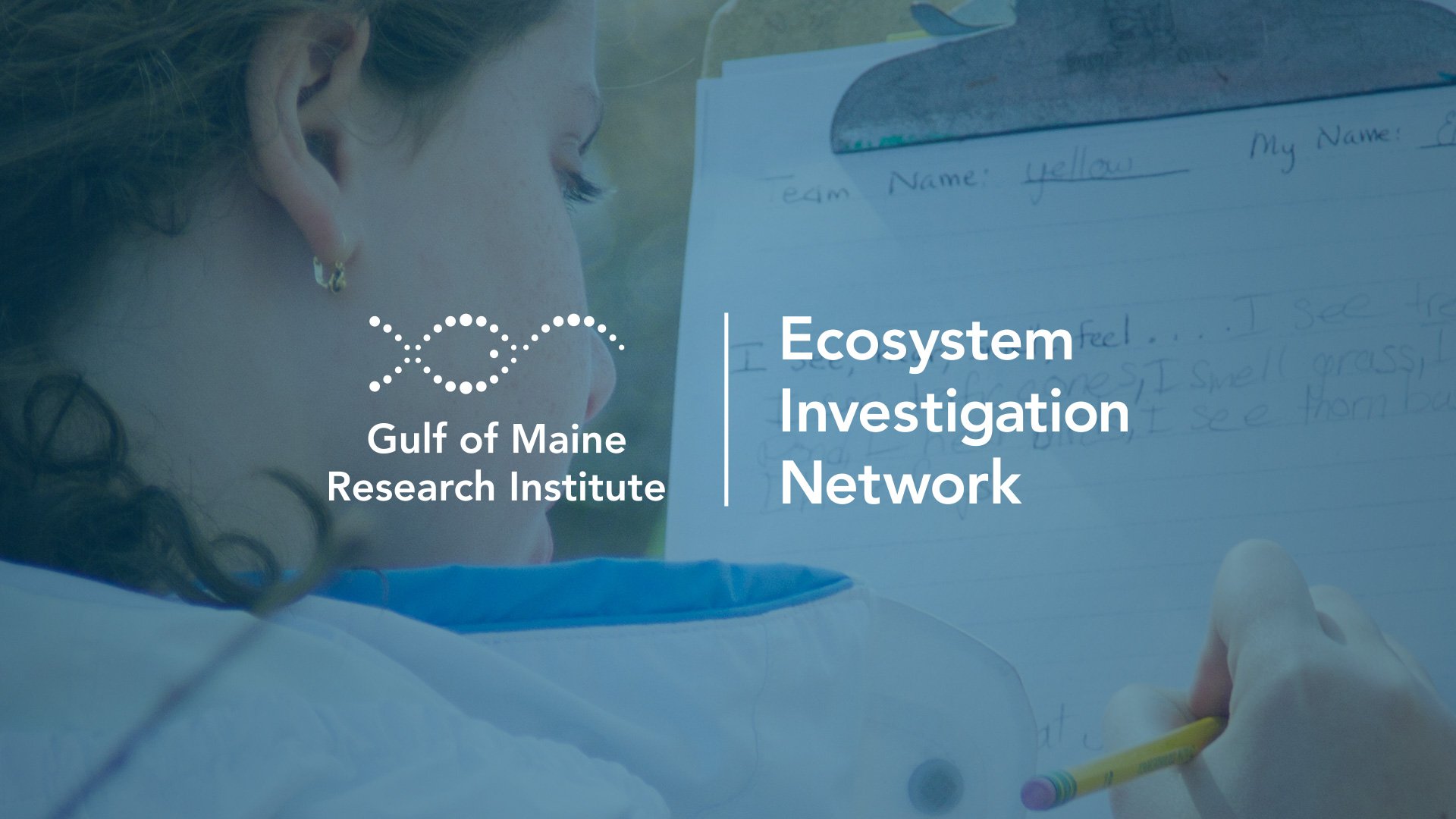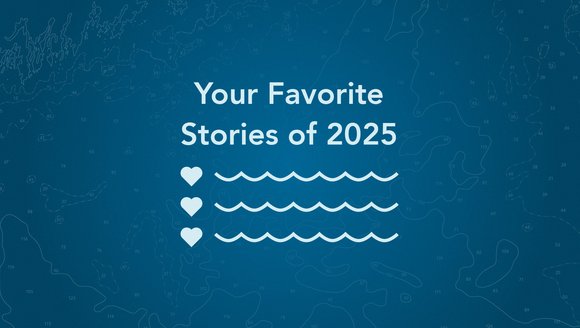New: Ecosystem Investigation Network
Tidings | Sep 14, 2020
A team of GMRI staff and collaborators introduced a new climate-focused citizen science platform: the Ecosystem Investigation Network.

In June, we announced the public launch of our new Ecosystem Investigation Network — a powerful, climate-focused citizen science platform. Collaborative groups of citizens and scientists are invited to use the platform and resources to design and host their investigations of climate-driven change in the Gulf of Maine and its watershed.
The Ecosystem Investigation Network is designed to bring together stories of climate-driven change from across our region to reveal a new understanding of patterns, change, and connectedness of the Gulf of Maine watershed. We built the Ecosystem Investigation Network with the goal of connecting the many people and organizations investigating climate change impacts in and around the Gulf of Maine watershed.
We’re excited to support more communities, people, and scientists working collaboratively to understand the change that matters to them.”
Sarah Kirn Citizen Science Strategist, NASA![]() Sarah Kirn Citizen Science Strategist, NASA
Sarah Kirn Citizen Science Strategist, NASA
Pilot Progress
Having launched in a pilot phase earlier this year, the Ecosystem Investigation Network is now hosting nine collaborative research initiatives. Examples include:
- The Coastal Flooding: Storms and Sea Level rise project, co-created with residents from the City of Belfast to study the impacts of a rising ocean on their shoreline and infrastructure.
- The Jellyfish Forecast project, that collects observational data for a scientist at Bigelow Laboratory who is working on a predictive model of jellyfish distribution and abundance.
- The Smelt Spawning project, a cooperative project among The Nature Conservancy, the Downeast Salmon Federation, Maine’s Department of Marine Resources, and trained citizens interested in the health and abundance of this iconic diadromous fish.
GMRI is supporting thoughtful project creation with partners and citizens, resulting in projects that deliver strong scientific results and rewarding experiences for participants. Participating partners, such as TNC’s Molly Payne Wynne, are seeing the benefits of this approach.
“Working on this project has already proved an incredible opportunity to connect local community members to our work restoring native sea-run fish and the importance of restoring connectivity of Maine's rivers and streams,” said Molly. “Volunteers are collecting valuable data that will directly benefit future management and conservation decisions."
The Power of Citizen Science
Citizen science is born from the premise that science – well and collaboratively organized, designed, and supported – can be, and should be, open to anyone to participate and contribute.
Done well, citizen and community science can change the people who participate in it. Scientists can learn from the insights, local knowledge, and concerns of their public partners. They can also improve their ability to communicate what they do and why it matters. Public participants may improve their science skills and knowledge and learn more about the places they care about, as well as influence what research priorities are addressed.
In that spirit, the Ecosystem Investigation Network has been designed to engage everyone from lawyers to lobstermen, anglers to accountants, young and old. The platform will connect these people, communities, and organizations across the region who want to know how climate change is impacting species, habitats, and communities in the Northeast.
Citizen Science in the Classroom:
Our education team, which has helped teachers incorporate citizen science into their classrooms for years, will also host a selection of classroom-specific projects on the Ecosystem Investigation Network.
Our staff cultivate citizen science classroom projects to guide student inquiry in local forests, fields, freshwater habitats, wetlands, or intertidal ecosystems. Students follow specific protocols designed by partner scientists to produce the essential data needed to answer the project’s driving research questions. For instance, students collecting data on changing populations of invasive and native intertidal crabs place quadrats along a transect and collect, identify, and measure the crabs that they find in that space.
Participating in citizen science investigations exposes students to real scientific research efforts. They learn alongside their teachers and peers as they work in the context of questions that have not yet been answered and data that they are the first to see and share.
As one Narraguagus high school student put it, “You may never know what’s going on, unless you get out and explore your surroundings… I used to walk down the street and not know what’s going on around me, but now I can discover the things that may be hurting my area and try to fix them.”



